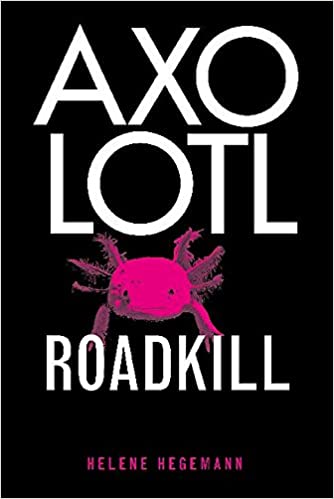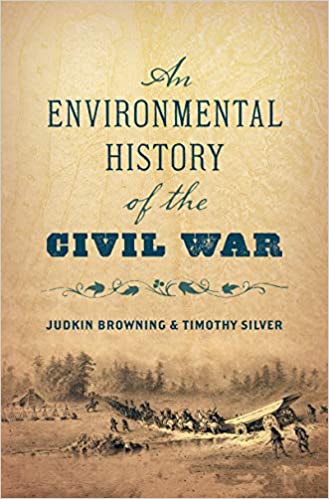One of the cornerstones of education, at least during my educational experiences, has been paying respect through the citation of any sources that you utilized, quoted, or referenced when creating your own work. This is extremely imperative as this practice should be one that is ethical and reinforced by laws. It is important, especially within the field of history that we are able to attribute our research and hard work to others who may have had a hand in our scholastic success. But I guess that that lends itself to the question: who owns knowledge and information? In my opinion, I don’t believe that anyone truly does, however, the blood, sweat, and tears that are put into discovering said knowledge is worthy of not only praise but citation.
I really enjoyed several of the points made by T. Mills Kelly. We should look at history with a more fun approach, as this discipline not only gives us perspective on the past but also informs us of the future. I think that it is imperative that professors take initiative to create courses that challenge historical/societal norms around normal topics such as historiography and methods. But honestly, innovation has to start way before college. It is important that we are teaching elementary and middle school students about how to properly conduct research in order to not have issues regarding copyright infringement or plagiarism. I really enjoyed the fact that Kelly spoke about integrating materials such as the US Census and how 5th graders truly enjoyed it. I think that it is not always about what we are teaching, or those lessons, but how we are doing it which piques people’s interest.
Be original. Cite when necessary. Continue laying a path for those to come.

